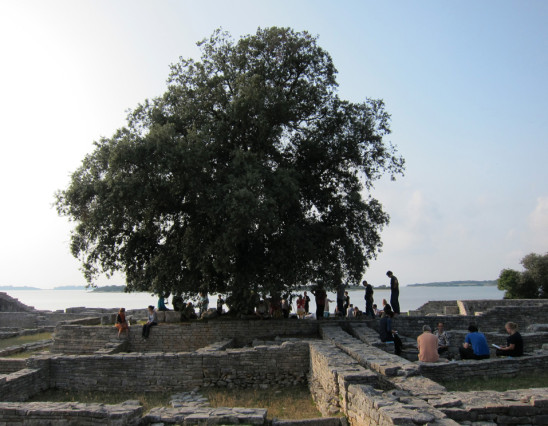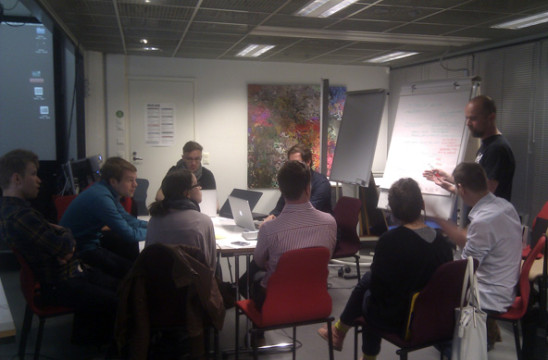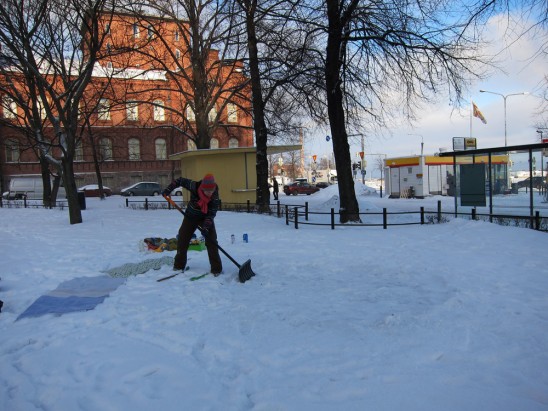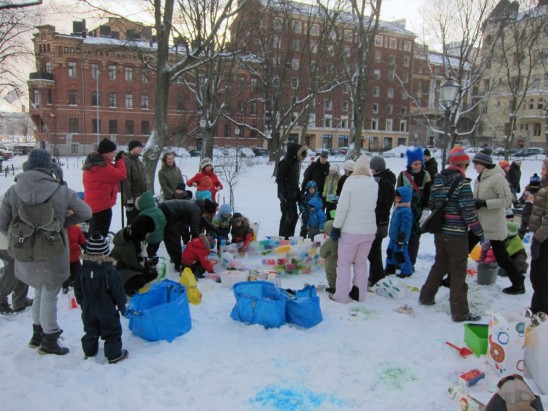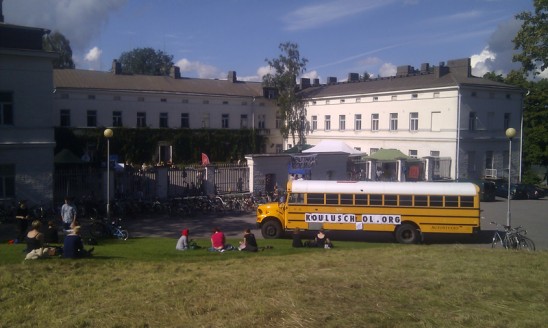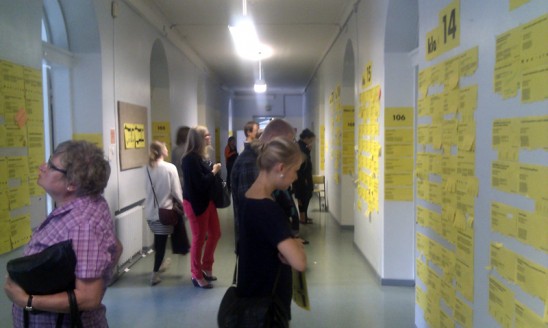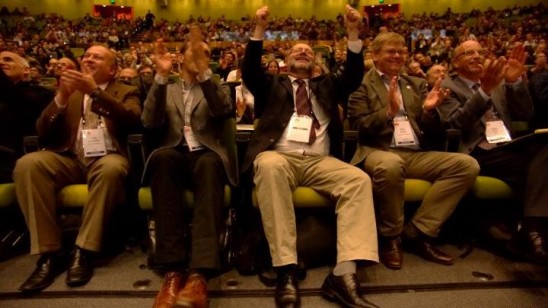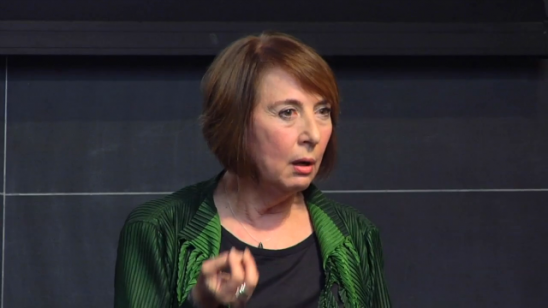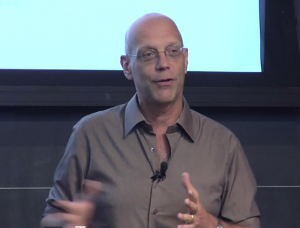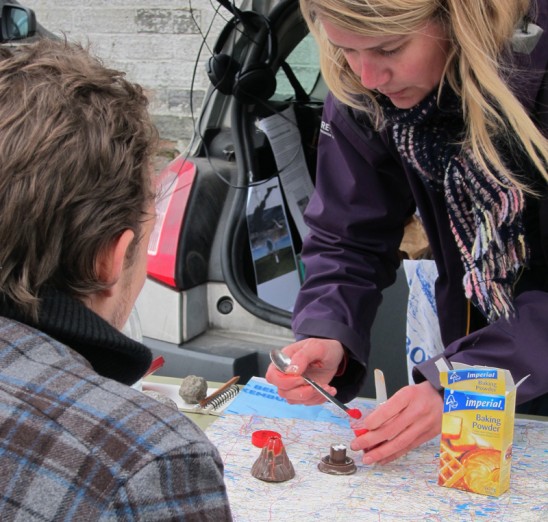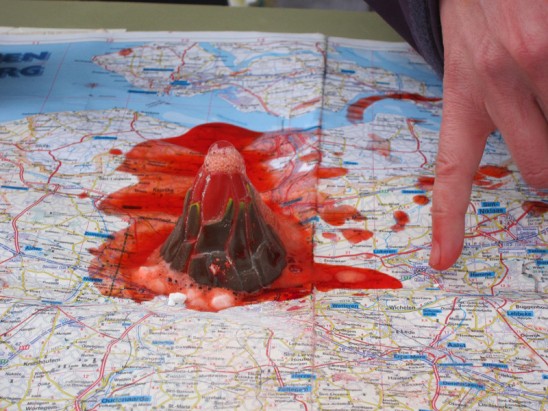(A selection of radical thoughts about learning and education from Mobilityshifts event – Part 4)
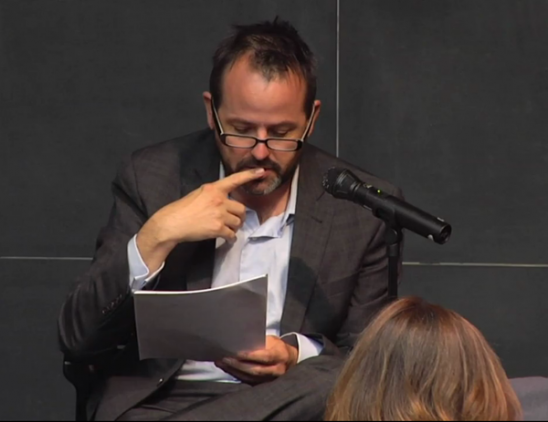
WE NEED COURSES THAT LAST FOR A HUNDRED YEARS
Benjamin Bratton’s presentation was (quite appropriately) titled ‘Ambivalent Remarks on Computation, Political Geography, Pedagogy’. He referred to an interview of philosopher Bernard Stiegler and his concepts of short and long circuits in education.
“The problem of long circuits turning into short circuits is a fundamental condition which we have to grasp – that is – the time of digital technologies is too short – what we need in very very long classes, not very very short classes.”
“The condition of education… is to train the attention of next generation, to train them to have attention, to pay attention, to comprehend their own attentiveness – it is to train them to have a memory, to train them to have a conception of time that is appropriate.”
Benjamin proposes that we need courses that can be located within long arcs of time:
“I think 500 years is a reasonable span for a course to try to locate for the students, so that they can locate themselves in this arc. Courses that don’t have a 500 year arc, that aren’t teaching what it is that they are teaching in terms of a 500 year context are probably too shallow. And I think this can be just as true for very practical courses – you know, is there a way to teach a ‘how to hack a website’ workshop, or how to build an android app, with a 500 year arc of understanding what that means. How did we arrive at the possibility of asking this question and even proposing this skill.”
We also need very long courses:
“Instead of a course that goes on for 10 weeks, or even for one year, prefer courses that go on for 10 years, or perhaps a 100 years, a faculty handing off one to another, like architects of medieval churches.”
IN ORDER TO LEARN, STUDENTS NEED TO BREAK THE LAW
On the flight to the conference Benjamin happened to sit next to a Israeli cryptographer who had two arguments about education that Benjamin wanted to pass on to the conference audience:
“Students have to understand that we are currently building a legacy codebase at a planetary level which will exist and endure for generations.”
“In order to be successful in the design of this legacy codebase for the generations to come we have to be willing to assign students things that are as of today illegal – with the presumption that it is the things that exits outside the legal structures will form the base of the constitutional structures to come”
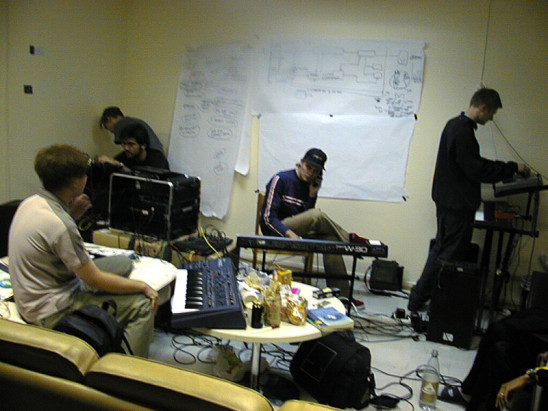 katastro.fi office, summer 1999 (photo by Juha Huuskonen)
katastro.fi office, summer 1999 (photo by Juha Huuskonen)